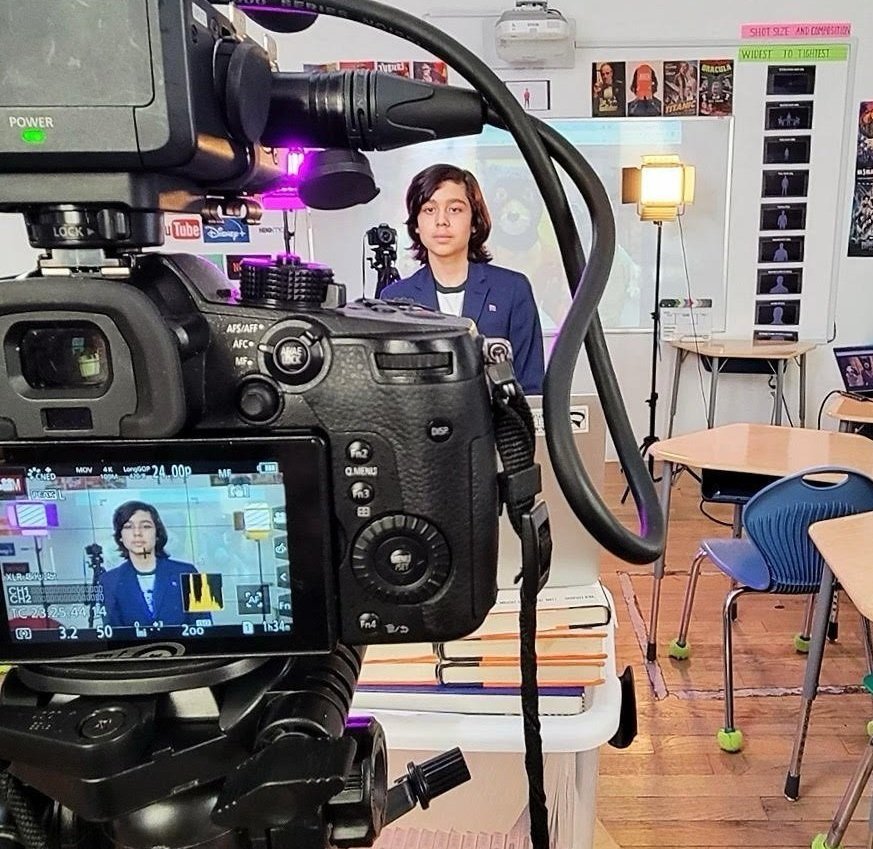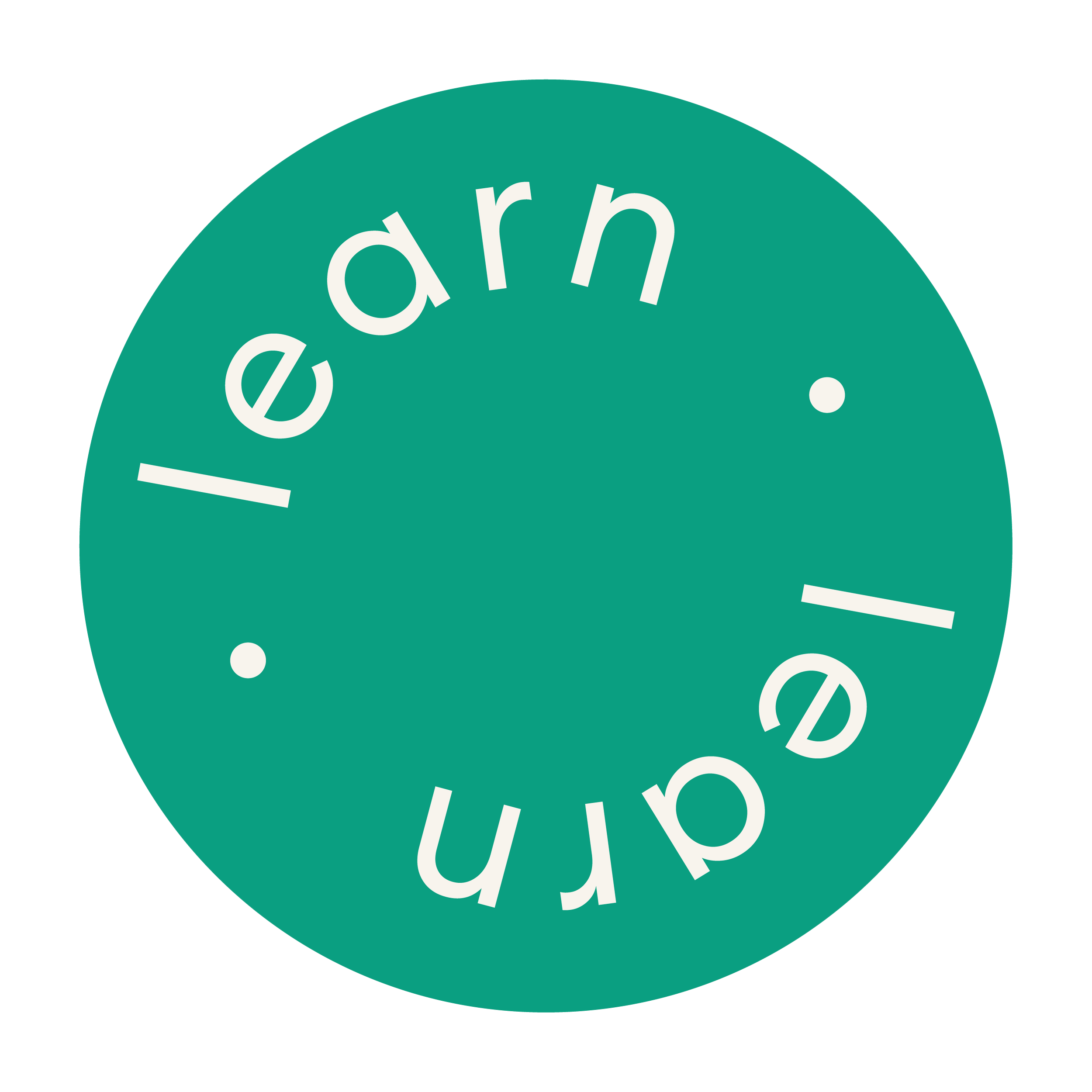
CREATE
ARTISTIC PROGRAM
Through our arts program, students not only master national art standards, but are more engaged in school and develop as inquisitive and imaginative learners.
Throughout their years of artistic study at CSA, students engage with historical and contemporary work and artists from a wide range of cultural backgrounds. Engaging in various texts and artistic mediums, students gain an interdisciplinary and collaborative mindset. Students embrace all steps of the creative process and gain strong artistic habits. Studio work is supplemented with opportunities to visit galleries, museums, artist studios, and performances. Students complete multiple performance benchmark projects per year along with ongoing formative assessments throughout their courses of study. Studio projects will culminate whenever possible in public sharing of work within and outside of the school community. Students are expected to integrate their growing creative and technical capacities with the development of strong communication, teamwork, and organizational skills.
Each grade level has a Core Arts course two to three times a week; currently, the Core Arts courses are Piano for the 6th Grade, Visual Art for the 7th Grade, and Creative Connections for the 8th Grade. Additionally, students select an Ensemble course to participate in three to four times a week. Students choose from the following offerings in the dropdown menu:
-
In 6th Grade, students explore a range of media, grounding themselves in foundational understandings of the principles of art, procedural knowledge, craft, and artistic vocabulary. In 7th Grade, students deepen their skills, widen their artistic understandings, and harness their foundational skills in service of their own creative vision. Students focus on a spectrum of two-dimensional projects as well as three-dimensional projects, and focus on creating a strong portfolio of visual art pieces with which to apply to high schools. In 8th Grade, students continue to hone their skills across various media studied in previous years, with an increased emphasis on technical mastery in service of their individual creative style.
-
In 6th Grade, students focus on photography and graphic design, learning the fundamentals and principles using DSLR cameras and Adobe Creative Suite. In 7th Grade, students build on their skills to focus on the moving image, studying video production and animation. In 8th Grade, students deepen their study by applying their skills to a wide spectrum of digital media content, including the creation of original short films, websites, persuasive posters, and literary arts magazines.
-
In 6th Grade, students develop the foundations of a strong acting practice including physical and vocal techniques, improvisational skills, character development, and basic script analysis. In 7th Grade, students gain a more in-depth understanding of theatrical elements and conventions, focusing on interpretation and performance with increasingly complex texts and exploring aspects of technical theater. In 8th Grade, students deepen their theatrical skills through sophisticated character analysis, dialogue study, and the exploration of staging, leading to units on playwriting and directing. Students also work on a series of scenes and monologues in preparation for high school auditions.
-
In 6th Grade, students develop the foundations of a strong writing practice using journaling techniques, engaging with sensory and observational exercises and exploring the creative possibilities of figurative language, dialogue, and personal narratives. In 7th Grade, students engage with the power of creative writing as a bridge between self and other, analyzing the role of creative writing as a tool for social justice work and exploring the possibilities of poetry on both page and stage. In 8th Grade, students deepen their creative writing skills by working on longer and more in-depth writing projects, submitting their writing to contests and publications, performing at poetry slams and literary events, and curating and contributing to a literary arts magazine.
-
In 6th Grade, piano is an entry-level class with accommodations made for those with previous piano study; the nature of the class is highly differentiated with an emphasis on growth, as opposed to ability or degree of mastery. Students learn to read and write music, are exposed to the fundamentals of rhythm and note values, along with more expressive concepts such as dynamic range, timing, form, and structure. In 7th Grade, students deepen their skills, widen their musical understandings, and further use their foundational skills to learn more advanced piano music. In 8th Grade, students build a varied repertoire and solidify the skills necessary to pursue piano in the future.
-
Students use the Digital Audio Workstation (DAW) and GarageBand to learn the basics of sequencing, navigating the piano roll, programming drum beats, and operating synthesizers. Students study historical examples of productions spanning the last half century of pop, rock, hip hop, electronic music, and more. Students learn how to record and produce vocals and instruments effectively. Skills related to composition and songwriting will be covered including basic harmony, form, style, melody and lyric writing. Students will also address the physics of sound, learning about frequency, amplitude, and waveforms. Students will be able to pursue personal musical interests on research projects and, with the aid of the teacher, deconstruct their favorite recordings to discover how they were created. Advanced students will delve into the complex world of sampling, mixing and automation.
-
Students are introduced to a challenging and rewarding set of orchestral instruments: violin, viola, and cello. Starting from the basics, students will receive targeted instruction, ultimately gaining the skills to play in a four-part harmony as an ensemble. Students cover fundamental techniques and essential musicianship skills– how to practice, how to listen, and how to play alongside peers. Building life skills such as perseverance, problem solving, and teamwork, students will craft a vision of their future selves that includes mastery of a stringed instrument. Students learn fundamental techniques such as posture, bow hold, scales, and basic repertoire, quickly learning how to produce beautiful and rich tone. Learning to read music in three clefs, students will be introduced to the fundamentals of harmony, music theory, conducting, form, and composition.



